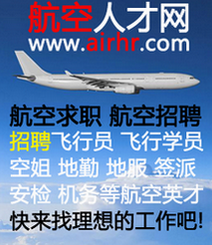直升机飞行教员手册 Helicopter Flight Instructor Manual
时间:2012-06-08 09:45来源:蓝天飞行翻译 作者:航空 点击:次
|
To view this page ensure that Adobe Flash Player version 9.0.124 or greater is installed. ? the sequence of exercises to be covered during the flight ? a review of relevant airmanship points. IN FLIGHT INSTRUCTION The in-flight exercise is the culmination of all ground training and preparation. To achieve maximum effectiveness, it must be flown immediately after the pre-flight briefing, and to avoid confusion it should be flown as briefed. The following is a guide to the conduct of a training flight. Variations may be necessary to suit individual student requirements. CONTROL OF HELICOPTER There should never be any doubt as to who has control of the helicopter. The procedure for giving and taking control is: ? When you, as pilot in command, wish to give control to your student, say clearly ‘Handing over’. Teach your student to take control only when ready and to always say ‘Taking over’. You do not relinquish control until you hear this phrase. Formalise this portion of the evolution by saying ‘You Have Control’. ? When you want to take control, say ‘Taking over’ and then take control, ensuring that your student says ‘Handing over’ when relinquishing control. Formalise this portion by saying ‘I Have Control’. ? As pilot in command, you have the final authority. Your request to give or take control should not be questioned but acted on as quickly as possible by your students. ? When the student has control, you must not ‘ride’ the controls. Your student may feel that you are taking control, and this could lead to a dangerous situation. Additionally, you may rob your student of the feeling of accomplishing the manoeuvre independently. This is particularly difficult during critical manoeuvres, such as touch down autorotations, when there is little time available to the instructor to correct errors. This procedure should be adhered to at all times. IN FLIGHT TEACHING For most new exercises you should first review the main points of the manoeuvre and then give a perfect demonstration. The review must be short. Include such items as airspeeds, power settings, altitudes, etc. Usually you can obtain this information from your student. Your demonstration should be a complete manoeuvre and should set the standard you want your student to ultimately achieve. |


